This is a dictionary of Indian religions, gods, goddesses, saints, rituals, festivals and yoga systems which covers practically all the world religions like Hinduism, Buddhism, Parsism, Jainism, Judaism, Christianity, Islam, Sufism and Sant Mat. The purpose is to enable a keen student of religion to comprehend the basic terms often used in religious studies and discourses and to grasp the idea of a religion that could answer man’s basic needs. The question of man’s future religion arises because all the current world religions, including Hinduism, have proved rather unsatisfactory. A religion, by common consent, is a consequence of consciousness. A human being finds himself in a world that he understands and controls only partially. Although it is an awkward situation for him, he has to live in it and with it, as best as he can. The most he can do in these strange and disturbing circumstances is to make guesses about what is beyond his ken and to seek to come to terms with what is beyond his powers. Nobody can deny that religious experience lays the foundation of the world. It is ritual orientation, with the structure of sacred space which it reveals, that transforms chaos into cosmos and which renders human existence possible by preventing it form regressing to the level of zoological existence. The making of a “tentative chart†of this enigmatic ultimate reality in order to achieve harmony with it is called religion. As it is, religion includes both intelligent guesswork about unknown facts, and action in accordance with these guesses. Even though religions tend to become congregational and collective, yet human emotions, consciousness and will are not collective. They are, on the country, faculties of an individual human being. It is the spiritual life of a person of each and every person who is a participant in social relations which constitutes the field in which the spiritual battle for self-mastery has to be fought. This is man’s most urgent, as also his most difficult task. It is urgent, for death may overtake man at any time and may give no further chance for action or correction; it is difficult, because man is a living being and every living being is self-centered by nature. And self-centredness, whether one likes it or not, is another name for life itself. Overcoming this self-centredness is a feat of strength or skill tour de force. It is only insofar as a human being accomplishes this feat that he or she can have satisfactory social relations with other humans. Man cannot contract out of society. But then, this self-centredness is inimical to sociality. It can however be tamed or controlled. In any case, it can be prevented from causing social disasters only insofar as it is mastered in the inner spiritual life of each participant in society. Salvation, as mysticism and Sant Mat insist, can and must be sought not in the field of social relations, but in the field of a person’s inner spiritual life. In this field, however, salvation (mukti) can be won only by self-mastery under the guidance of one who himself has attained self-mastery (i.e. the perfect living guru). Without attaining this self-mastery, the contemporary crisis of humanity will go on deepening and will go on eroding the foundations of human culture. This work is a humble attempt to induce man to attend to this task of vital importance by explaining the difference between the formal terms and their substance, and showing the way from the exoteric to the esoteric. We hope every reader will find it stimulating and interesting.
Dictionary of Indian Religions, Saints, Gods, Goddesses, Rituals, Festivals and Yoga Systems
In stock
Free & Quick Delivery Worldwide
reviews
Bibliographic information
Title
Dictionary of Indian Religions, Saints, Gods, Goddesses, Rituals, Festivals and Yoga Systems
Author
Edition
1st ed.
Publisher
ISBN
8185532311
Length
viii+675p., Tables; 22cm.
Subjects

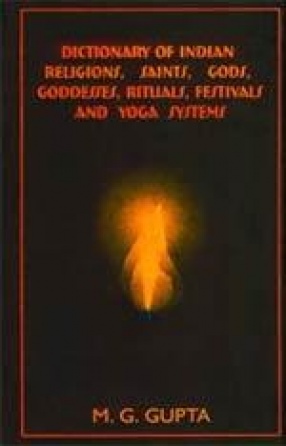
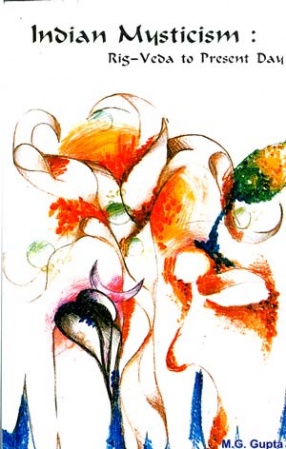
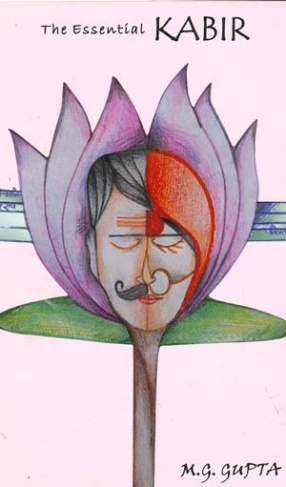
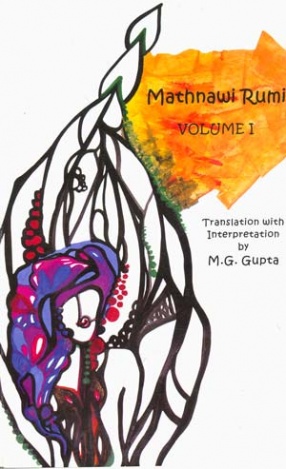
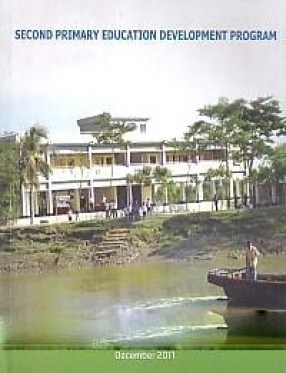
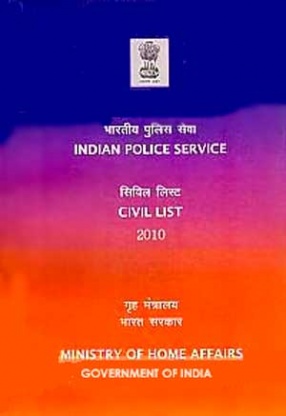

There are no reviews yet.